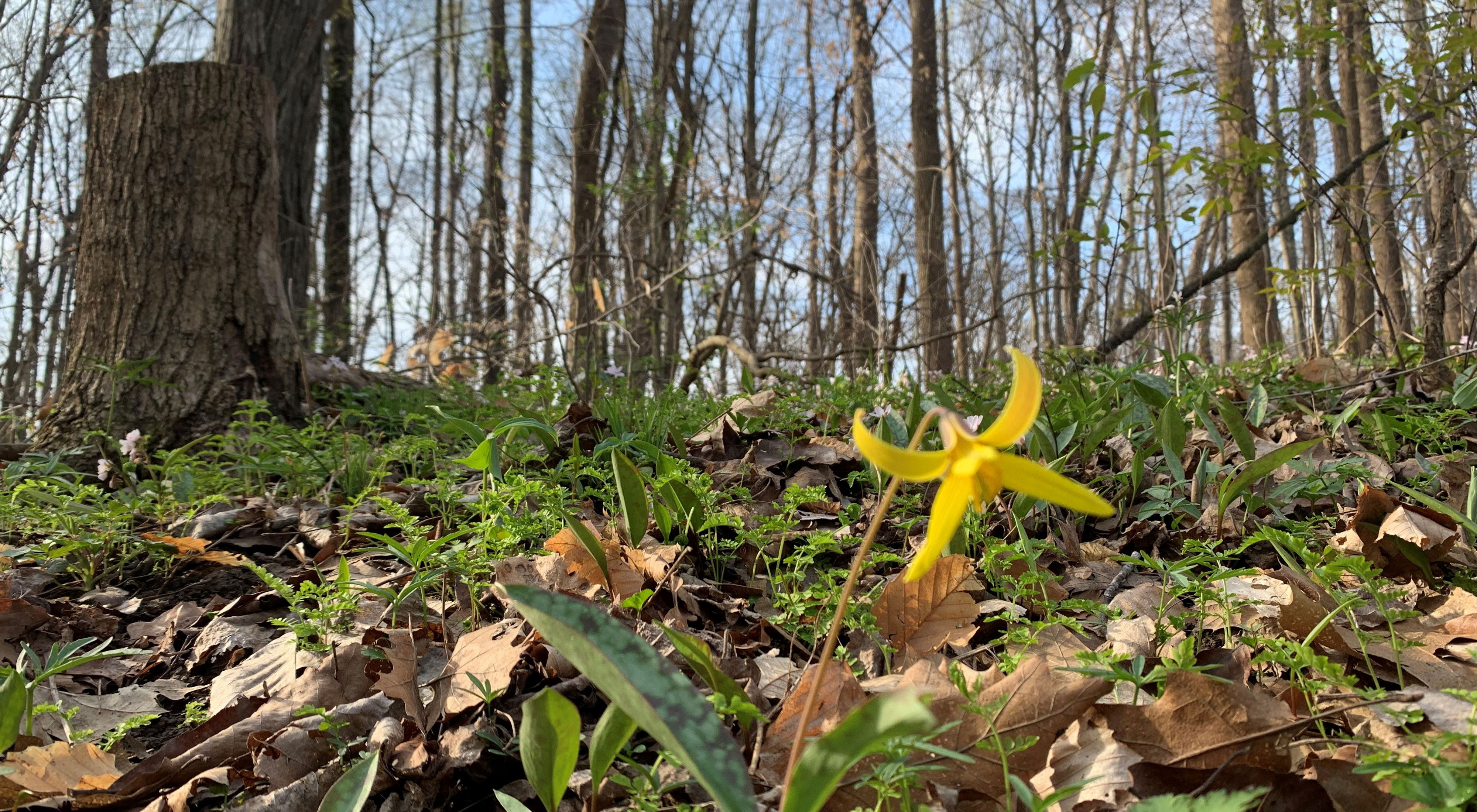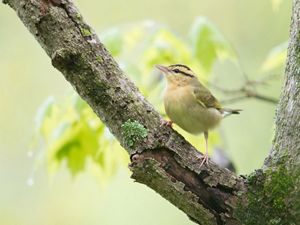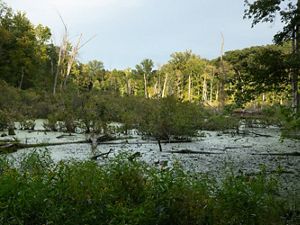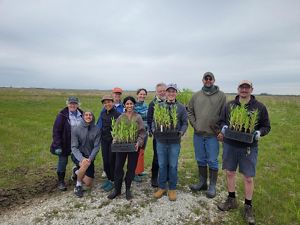Weed Wrangles® Taking Hold in Indiana
Duke Energy Foundation “Powerful Communities” Program Accelerates Fight Against Non-Native, Invasive Species
Media Contacts
-
Chip Sutton
The Nature Conservancy
Phone: 317.829.3915
Email: csutton@tnc.org
It takes a village, or sometimes an army, to manage natural areas—especially those overtaken by invasive plant species. Natural areas once teeming with beautiful native wildflowers now are monocultures of garlic mustard, Asian bush honeysuckle, autumn olive or any of the many other non-native species that have bullied their way into Indiana.
But how do you assemble an army? Enter Weed Wrangles®. Weed Wrangles® are local events that highlight the importance of managing invasive species, celebrates our native plant communities and provides action through hands-on invasive species management in our precious green spaces.
The Nature Conservancy (TNC) helps coordinate Weed Wrangles throughout the state, working with Cooperative Invasive Species Management Areas (CISMAs) to combat invasive species and encourage planting native species.
To help fight the good fight, Duke Energy Foundation's 'Powerful Communities' program awarded $15,000 to TNC to coordinate Weed Wrangles® across Indiana’s public green spaces. Each event is a locally led volunteer event that educates, engages and empowers local citizens to think globally and act locally.
“Invasive species are causing enormous problems that affect many aspects of society,” said Larry Clemens, state director for The Nature Conservancy’s Indiana Chapter. “After many years of working on this problem, we have come to the realization that progress will not occur on invasive species management until the problem is addressed at the local level by local residents.”
Between November 1, 2020 and May 5, 2022, TNC supported 122 Weed Wrangles® at 51 sites across the 17 counties identified in this grant: Bartholomew, Johnson, Hendricks, Miami, Huntington, Wabash, Harrison, Henry, Wayne, Monroe, Morgan, Tippecanoe, Owen, Kosciusko, Gibson, Pike, and Knox.
Additionally, three new Cooperative Invasive Species Management Areas (CISMAs) were created, increasing the number of CISMAs in these counties from 11 to 14. CISMA members must be trained to hold Weed Wrangles and conduct property surveys to help property owners with invasive species management plans. CISMAs hold Weed Wrangles® at the same location year-over-year for capacity building and long-term stewardship.
“Duke Energy is committed to responsible environmental stewardship and enhancing outdoor opportunities for our customers and communities we serve,” said Stan Pinegar, president of Duke Energy Indiana. “That’s why we’re proud to partner with organizations like The Nature Conservancy that are doing meaningful work to promote environmental education and to preserve and restore Indiana’s land, water and habitats.”
The Nature Conservancy is a global conservation organization dedicated to conserving the lands and waters on which all life depends. Guided by science, we create innovative, on-the-ground solutions to our world’s toughest challenges so that nature and people can thrive together. We are tackling climate change, conserving lands, waters and oceans at an unprecedented scale, providing food and water sustainably and helping make cities more sustainable. Working in more than 70 countries and territories, we use a collaborative approach that engages local communities, governments, the private sector, and other partners. To learn more, visit nature.org or follow @nature_press on Twitter.



